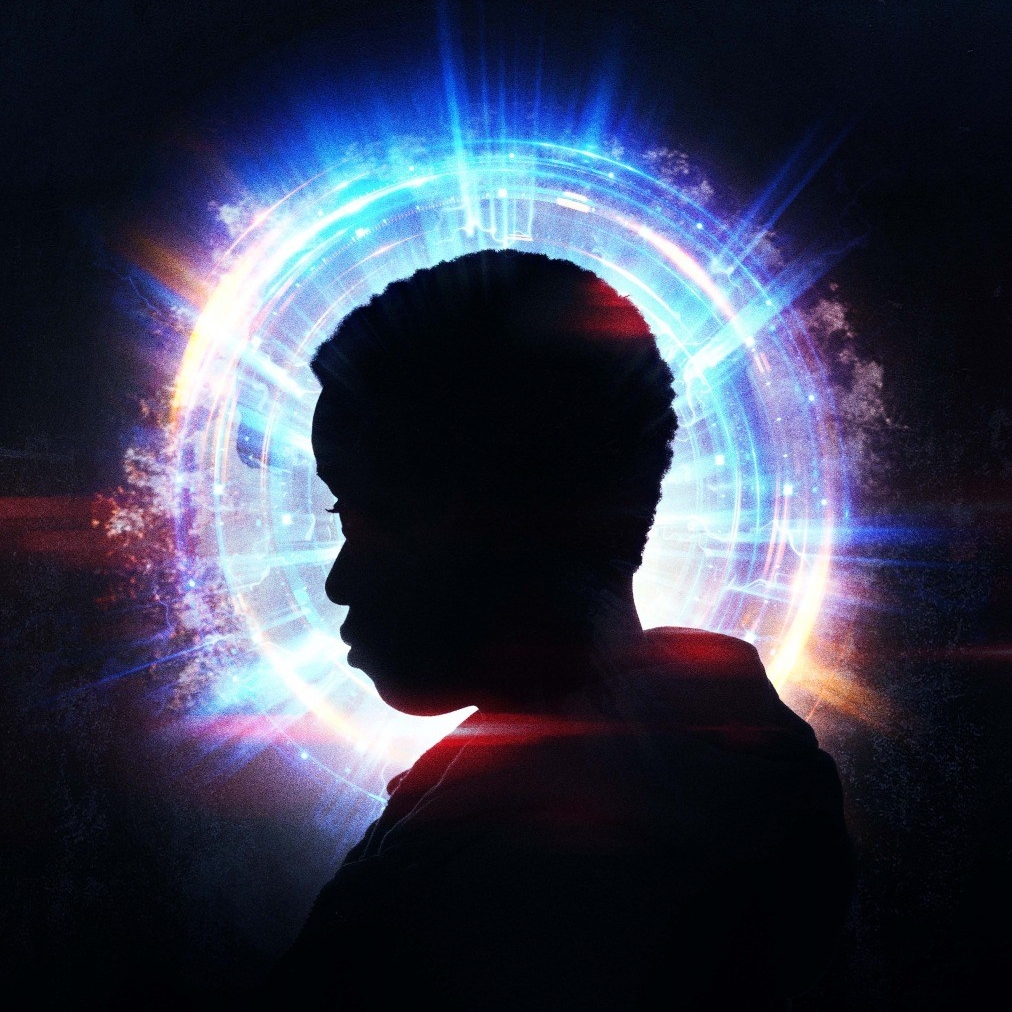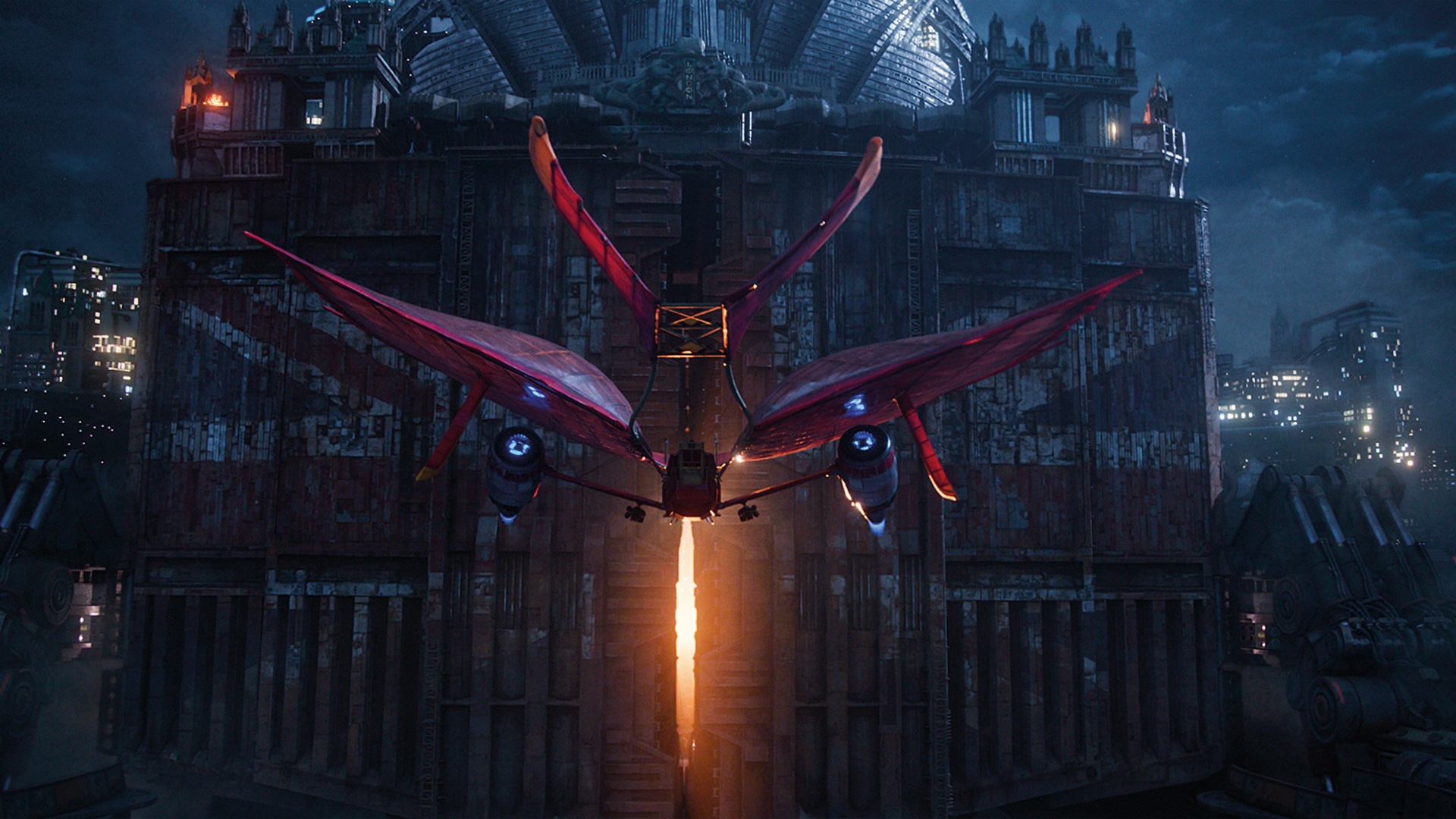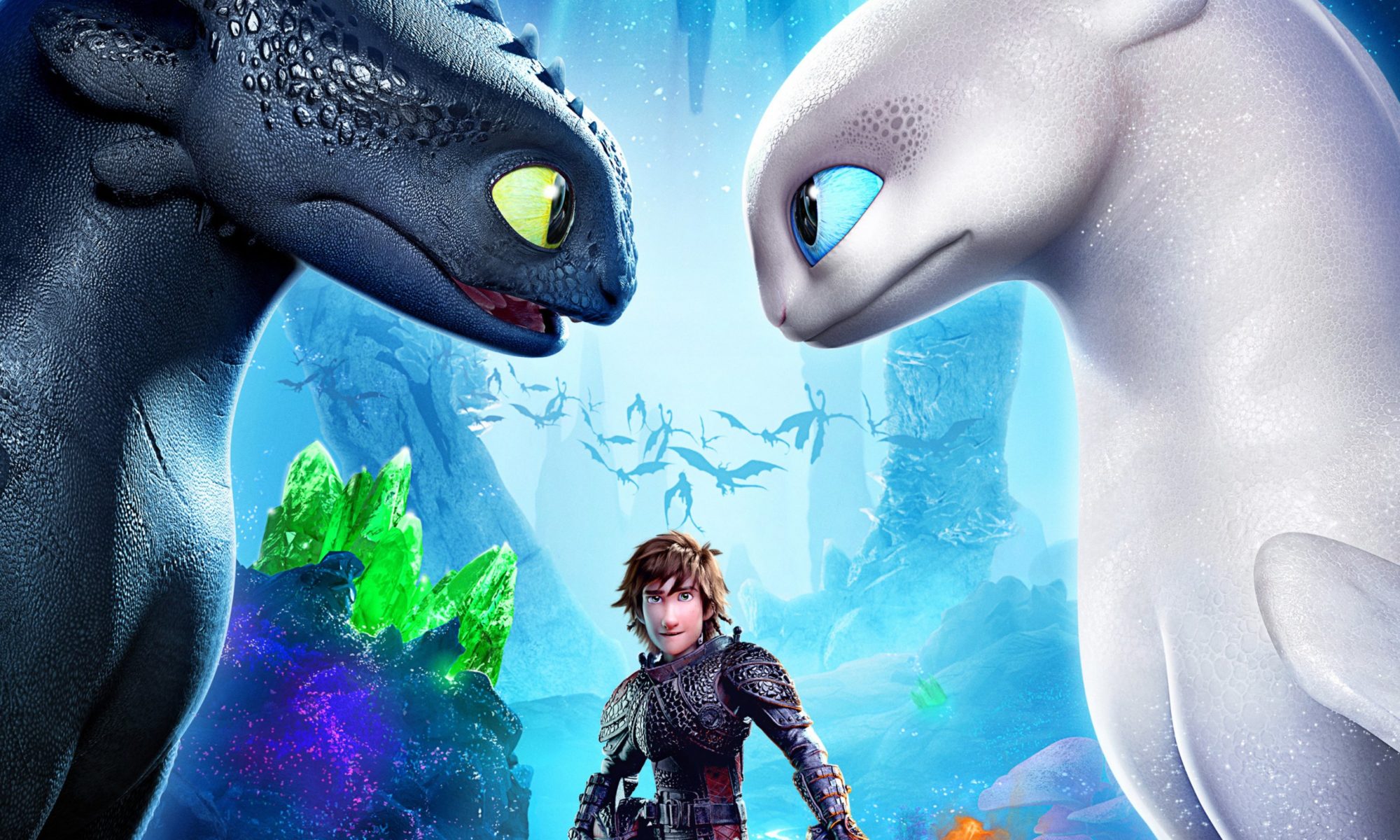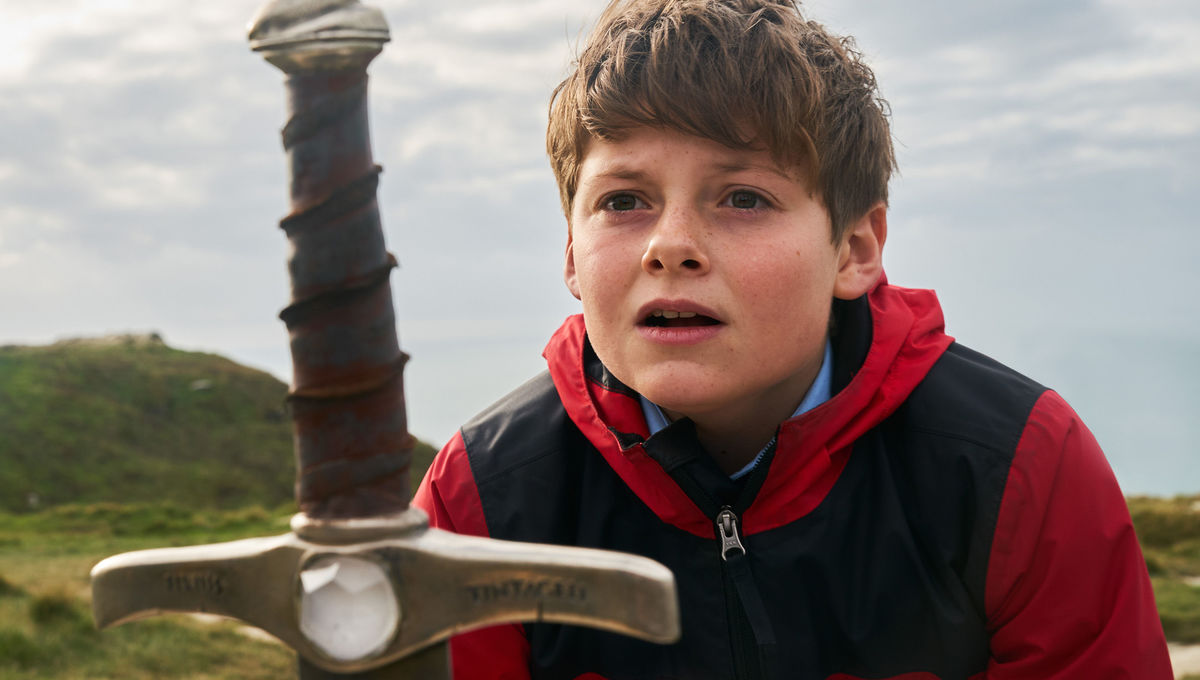'Christopher Robin' Brings Childhood to Life

The first 20 minutes of “Christopher Robin” are full of some of the most heartwarming filmmaking that I have seen this year. Following the adulthood of the titular character’s return to the Hundred Acre Wood amidst a midlife crisis brought about by struggling to balance his work life, family, and a slew of overwhelming emotional baggage that he was never able to come to terms with, the film opens up with Christopher’s final dinner with his friend’s in a beautifully shot sequence that treats the larger than life personalities of his childhood friends with the subtlety of the greatest series finale that you never knew you wanted to a story you never realized you had so much love for.
Watching the innocence of childhood beaten out of Christopher Robin by the typical ups and downs of life is all too relatable as his crossing of paths with Pooh once more for the first time in decades hints at a slightly dark but ultimately uplifting take on the childhood-centric tales of Winnie the Pooh, as a hardened Christopher has to come to terms with his childhood in order to meaningfully embrace the happiness being dangled in front of him as an adult.
Courtesy images
It makes way for a deconstruction of the values of childhood simplicity in a manner that is fairly straightforward and more than a little uneven when asked to blend the characters of the Hundred Acre Wood with the backdrop of a very real and populated London, ultimately effective and efficient thanks to a prevalent and undeniable sense of charm. The voice cast nails all of their roles and Jim Cummings continues to wear the role of Pooh as naturally as a glove, with some of his reactions to a more mature and confrontational Christopher Robin being downright gut wrenching to take in with the more subtle expressions of a CGI character model.
It’s just a shame that the powerful metaphor built up by the movie, unintentionally or otherwise, about an overworked man cracking under pressure and suffering a crisis that he can only overcome by accepting the levity of his childhood as more than naiveté crumbles as it goes along into a movie that opts to cop out of a sincerely heartwarming character study in favor of a standard bombastic kids flick.
Shades of this rear their head throughout the makeup of the entire film as Ewan McGregor plays an admirable man in an adult world full of bumbling cartoonish workplace stereotypes that feel at odds with the human story on display and far less subtle than the adventures of the stuffed animals concocted by the runaway imagination of a child on display in the movie’s opening. Unfortunately, by the time the third act gives way to the complete abandonment of the imagination metaphor, opting to portray Pooh and friends as real and traversing a city with Christopher’s daughter, most of the charm is thrown cleanly out of the window as the conclusion to the film’s driving climax attempts to assess a complex problem with a childish solution in the vein of thinking that such a simple mindset can solve the problem at its core, with embarrassing results.
When “Christopher Robin” is at its weakest, it’s borderline bad and no amount of nostalgia or charm can cover that up. What elevates the movie is the greatness it skates by at its best, which is more often than not on average.
Despite “Christopher Robin” not exceeding the sum of its parts being almost tragic considering how much works within it, the movie is an undeniably worthy experience for anybody with a soft spot for childhood days, Pooh himself, or looking to have a well rounded afternoon outing with the entire family, the children of whom will be in for an absolute treat.
3 out of 5
Graduating from Texas A&M University—Commerce with a bachelor's degree in News and Editorial Journalism, Jordan Wright has lived most of his adult life professionally critiquing films, from major blockbusters to indie dramas, and has no intentions of stopping.







